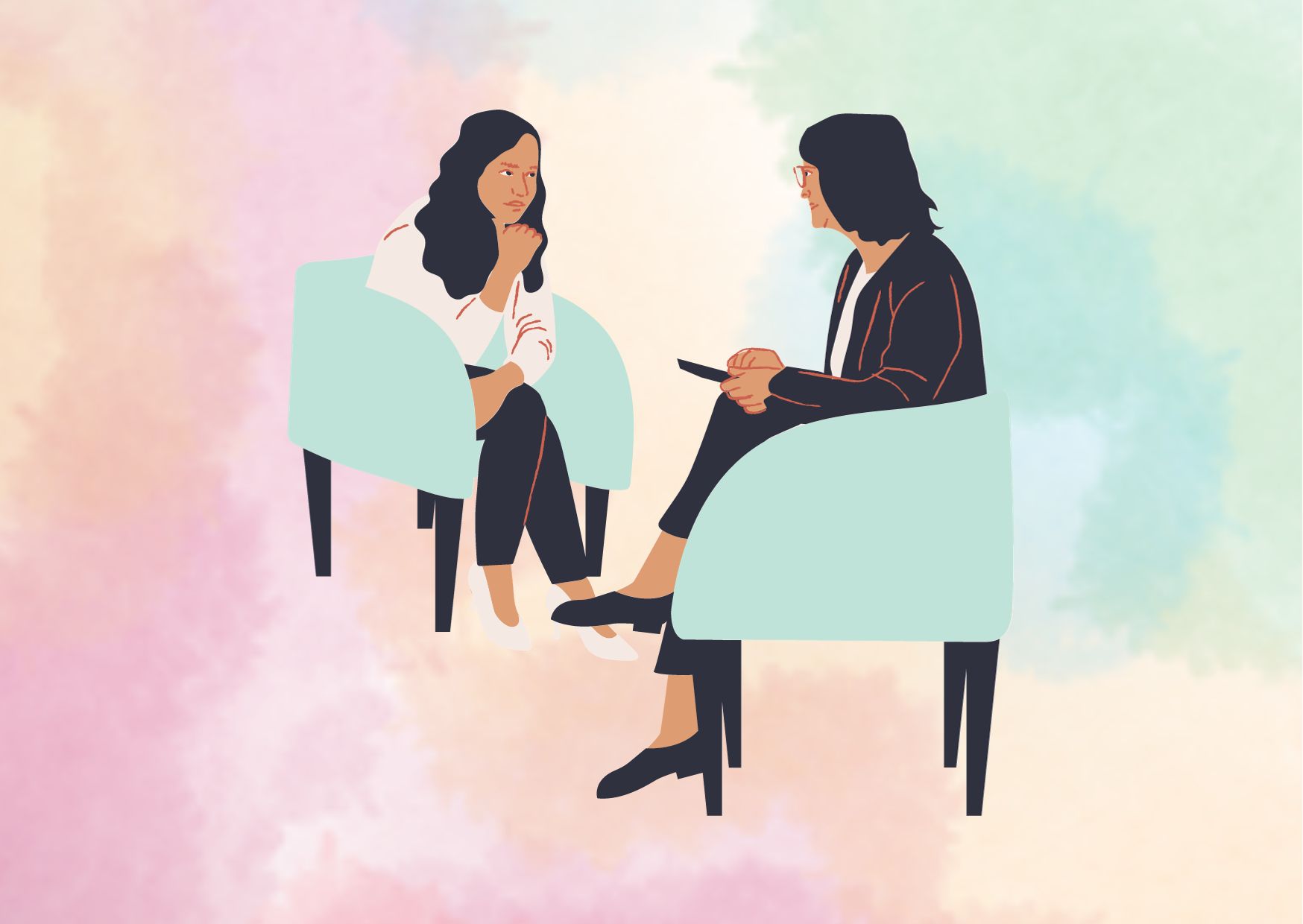Additionally, the treatment methods offered by the therapist should align with your preferences and needs. By taking these factors into account, you can narrow down your options and find a therapist who meets your specific requirements.
Researching and Gathering Recommendations
Once you have identified your needs and preferences, it’s time to conduct thorough research and gather recommendations. Start by checking your health insurance plan policy to determine if you need a referral from your primary care physician before seeking mental health services. Utilize your health insurer’s provider directory to identify therapists who align with your requirements. Additionally, reach out to trusted friends, family members, or colleagues who may have had positive experiences with therapists. Their recommendations can provide valuable insights and guide you in finding the right therapist.
Checking Credentials and Specializations
When considering potential therapists, it’s important to verify their credentials and specializations. Look for therapists who have the necessary licenses and certifications to practice in your area. Psychologists with a PhD or PsyD typically have extensive training in evidence-based psychotherapy. Ensure that the therapist you choose has experience and expertise in treating the specific concerns you have identified. Specializations can range from addiction and eating disorders to trauma and relationship issues. By selecting a therapist with the appropriate credentials and specializations, you increase the likelihood of receiving effective treatment.
Initial Contact and Consultation
Once you have a list of potential therapists, it’s time to make initial contact and schedule consultations. Many therapists offer free phone or in-person screenings to assess compatibility and address any initial concerns. During these consultations, be prepared to discuss your background, specific issues you’re facing, and your goals for therapy. It’s also an opportunity to ask the therapist important questions, such as their approach to treatment, their success rate, and their experience with your particular concerns. Take note of their availability, fees, and whether they accept your insurance. This initial interaction will help you gauge whether the therapist is a good fit for you.
Trusting Your Gut and Building Rapport
During your initial consultation and subsequent sessions, pay attention to your experience and how you feel in the therapist’s presence. Trust your instincts and assess whether you feel relaxed, accepted, heard, safe, and respected. Therapy is a collaborative process, and it’s essential to establish a strong rapport with your therapist. If the first therapist you meet doesn’t feel like the right fit, don’t be discouraged. It may take some time and exploration to find the therapist who aligns with your needs and makes you feel comfortable. Trusting your gut and continuing the search will lead you to the therapist who can best support your journey to improved mental health.
Suggestion for read: Couples Counselling
Setting Realistic Expectations
As you begin therapy, it’s important to set realistic expectations. While therapy can bring about significant positive changes, it’s not an overnight solution. Understand that progress takes time and that therapy is a process of growth and self-discovery. According to the American Psychological Association, many individuals start to feel better after six to twelve sessions. Concrete improvements in various aspects of life can be expected, and your therapist will work with you to develop strategies and tools to address your concerns effectively. However, it’s important to communicate openly with your therapist if you feel that treatment is not progressing as expected or if you have any concerns along the way.
Exploring Online Counselling
In recent years, online counselling has emerged as a convenient and accessible option for therapy. Online platforms allow individuals to connect with therapists remotely through video calls or messaging. This can be particularly beneficial for those who have limited access to local therapists or face barriers such as transportation or mobility issues. Additionally, online counselling can offer more flexibility in scheduling and potentially be more affordable than in-person therapy. When exploring online counselling options, ensure that the platform and therapists you choose adhere to ethical and professional standards.
Additional Resources and Support
In your search for finding the right counsellor, it’s essential to remember that help is available. If you are unable to find a therapist immediately or face long waiting lists, consider utilizing additional resources and support in the meantime. Peer support groups offered by organizations like the National Alliance on Mental Illness (NAMI) can provide valuable connections and insights. Community centers, public libraries, and local mental health resources can also offer guidance and referrals. If you or a loved one is in crisis, do not hesitate to reach out to emergency hotlines or crisis services for immediate assistance.
Conclusion
Finding the right counsellor is an important step towards improving your mental and emotional well-being. By following these steps and considering the factors outlined in this guide, you can approach the process with confidence and increase your chances of finding the right counsellor who is the best fit for you. Remember that therapy is a personal journey, and it may take time and exploration to find the therapist who can provide the support and guidance you need. Trust the process, trust your instincts, and prioritize your mental health. Finding the right counsellor might be one of the most important steps, do your research well and take your time.
Here are few certified therapists who you can get in touch and book a therapy session with:
Jo Pang
Sam Gibbons
Wenna Chen
